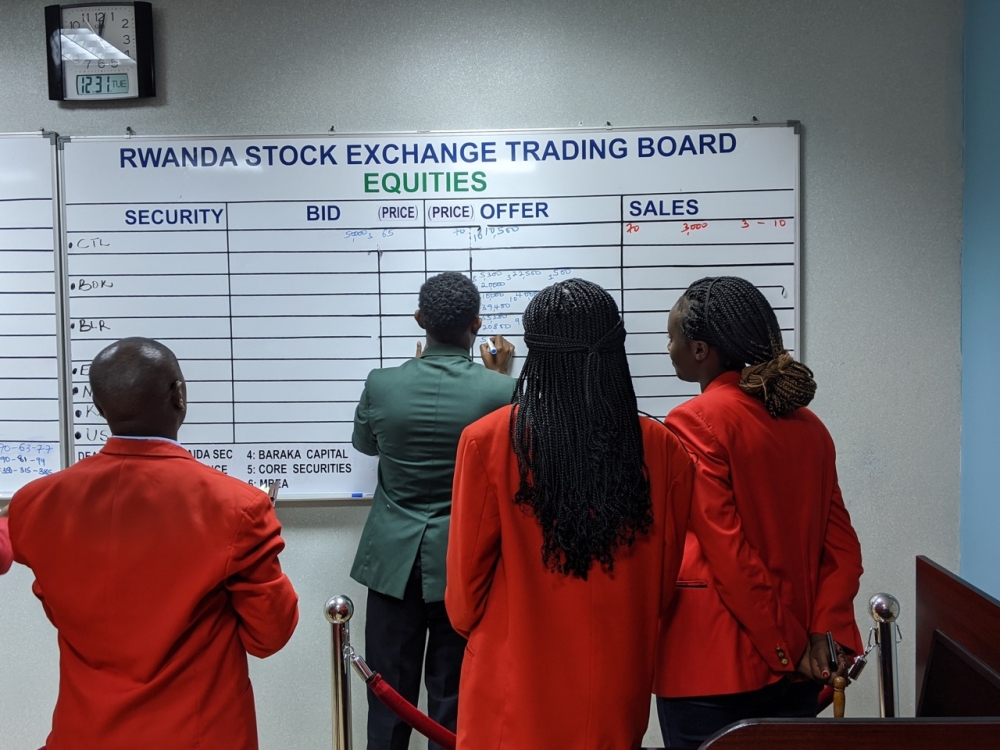IT is quite normal to dream of visiting places far and beyond. Going through the airport and flying away to a new place with new cultures and climate to imbibe is exciting. Sometimes these dreams are laced with academic aspirations to make the picture complete.


IT is quite normal to dream of visiting places far and beyond. Going through the airport and flying away to a new place with new cultures and climate to imbibe is exciting. Sometimes these dreams are laced with academic aspirations to make the picture complete.Many students dream of getting that prized certificate that not only confirms their academic achievement but also the fact that they had access to what is perceived to be better education than what their country can offer. Just the other day, I saw an advert on Rwanda Television about the availability of study opportunities in Malaysia. If you have not seen that ad, I am sure you have heard of study opportunities in India, Ukraine as well as, in the East African region particularly in Uganda and Kenya. Uganda has emerged as a major destination for many students in the region. Universities like Kampala International University (KIU) and closer to home, Kabale University, have become attractive to Rwandan students. Thanks to proximity, it is very likely that in the near future, the latter will have more Rwandan students than Ugandans just as Kenyans literally took over KIU. However, I wish to send a word of caution to students who are rushing to these universities to acquire that coveted degree that they hope will eventually give them an edge in the job market. The job market has changed a lot lately and you should not look at the degree certificate as if it were a lottery ticket that can just be cashed at the counter of bliss.The job market is after your skills and not just paper certificates. The employer today is interested in what you can do and not what your certificate reads. Organisations are more willing to pay an employee who gets the job done than one who walks around with academic certificates that show for nothing when it comes to feasible results. With the commercialisation of education, worldwide, many universities are simply creating different courses with attractive names all because they want to attract more students and make more money. The transfer of skills is not really a priority for many universities that are after making money. To achieve this, a lot of money is spent on advertising and branding as opposed to research, which is the foundation of a real university. The Government of Rwanda and the general public should also watch out for universities that lure students into substandard education. Collaboration with the higher education councils of the countries where these institutions are based could help in guiding Rwandans on which universities to apply to and which ones to avoid. Those who fall prey to the scams of fake universities are people who would do anything to get a degree certificate. In education circles, we refer to this as the diploma disease. It is the tendency to clamour for a paper certification over the actual acquisition of skills. I am sure you have seen people who insist on being awarded certificates after a one-day workshop. These same people will attach every single certificate they have earned when applying for a job without even considering the relevance of their CV’s. Interestingly, during job interviews employers tend to give competence tests on the skills the company wants from a person attaching little value to the accumulated certificates.It is pointless for a job seeker to bombard an employer with IT certificates from a university in India if they are not in position to update the company website on time.
If a company can find someone who can do that job, they will not mind whether his degree certificate reads KIST or Malaysia. If you are heading to Malaysia, please bring back skills that Rwanda needs and not a mere piece of paper.




